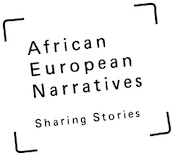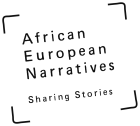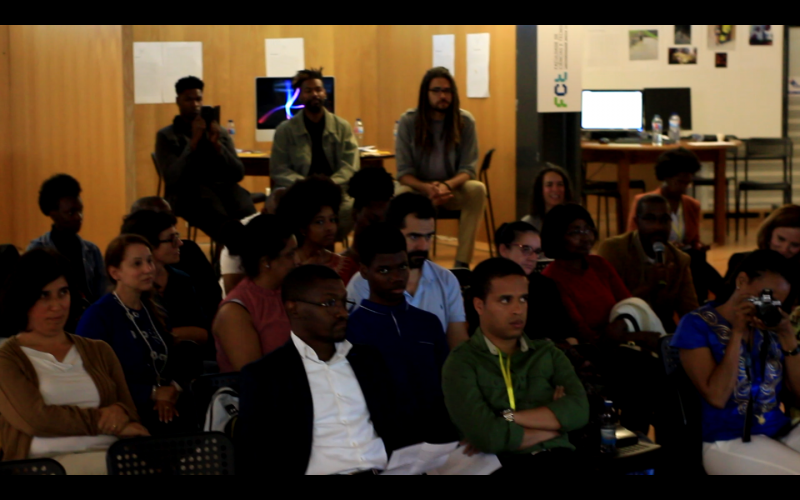Debate Series AFRICAN-EUROPEAN NARRATIVES
The Debate Series “, African-European Narratives” focus on the interplay of African and European cultures in today’s Europe, rooted not only in our collective history and memory but also in the life stories of many European citizens. Valuing public debate and citizenship as main purposes of knowledge production and sharing the Faculty of Social Sciences and Humanities of the Nova University of Lisbon will invite a broad differentiated group of citizens to debate Afro-European culture with a particular focus on the Portuguese reality.
Debate Series: January – June 2019
AFRICAN DESCENT AND THE EDUCATIONAL SYSTEM – January
POST-COLONIAL IMAGINARIES AND THE DE-WESTERNISATION OF ART – March
AFRO-EUROPEAN IDENTITIES: RECOGNITION vs DISCRIMINATION – March
AFRICAN-EUROPEAN NARRATIVES: MEMORY AND MEDIATION – April
MULTINGUIALISM, AND THE POLITICS OF A COMMON LANGUAGE – May
EUROPEAN IDENTITY: INTERCULTURALITY AND CITIZENSHIP – June
Organisation
Project AFRICAN-EUROPEAN NARRATIVES
ICNOVA – Institut of Communication | NOVA FCSH
Faculty of Social Sciences and Humanities, Nova University of Lisbon
NEAL – AE FCSH | NEA – FCT UNL traduzir por extenso
info@africaneuropeanarratives.pt | http://africaneuropeanarratives.eu
Free entrance
…
30rd January, 17H00
AFRODESCENDANCE AND EDUCATIONAL SYSTEM
Are there any outskirts in Portugal’s education system?
The education system is the basis of social cohesion in democratic societies. It promotes equal opportunities and, at the same time, respect for differences. Is Portugal’s education system ready to answer to social and cultural challenges of an increasingly diverse society? In which way Portugal’s has it dealt with the demands of a post-colonial condition? Which are the constraints to access the university by African Descendants? Are there any outskirts and discrimination in the education system and school life?
Pannel
Beatriz Gomes Dias – (President – DJASS – Afrodescendants Association)
Cristina Roldão – (Researcher – CIES – IUL)
David Justino – (Minister of Education XV Constitutional Government, Professor and Researcher – FCSH – CICS.NOVA)
Fernanda Rollo – (Secretary of State for Science, Technology and Higher Education, XXI Constitutional Government 2015-18; Professor and Researcher FCSH – HIC)
Sónia Magalhães – (PRSD Director – PRSD – Providers of Social Responses for Development)
Debate
Ariana Furtado (Teacher); Elisa Valério (Teacher); Luís Vitorino (President of Lisbon’s Angolan Students Association); Smith Mendes (African Students Group – AE FCSH); Tiago Fortes (African Students Group – AE FCT-UNL); President of the Guinea Bissau Students Association in Porto (AGBP).
Moderator
Alexandra Prado Coelho (Journalist, Público)
….
7th March, 18H00
POST-COLONIAL IMAGINARIES AND THE DE-WESTERNISATION OF ART
Contemporary art has been one of the most advanced fronts of post-colonial thinking, not only in its aesthetical but also in its epistemic and political implications. Various artistic practices and discourses of the last decades have significantly contributed to the knowledge of new cultural geographies, to the research and critique of a persistent colonial imaginary and the deconstruction of its deeply rooted cultural bias: the belief in the priority and universalism of the west. However, the modes of production, enframing and circulation of contemporary art are being replicated around the world through museums, art shows and the art market. Is western art on the verge of losing its dominant position over “others” or is the western idea of art in the process of its globalisation? Can we still believe in a universal meaning of art?
Conference
Bonaventure Ndikung – (Curador, Diretor da Savvy Contemporary, Berlin)
Debate
Ana Balona (researcher, NOVA FCSH), Ângela Ferreira (artist, teacher at FBAUL), António Pinto Ribeiro (cultural programmer), Mónica de Miranda (artist, director of Hangar), Vasco Araújo (artist)
Moderator: Maria Teresa Cruz (NOVA FCSH)
…
18th March
AFRO-EUROPEAN IDENTITIES: RECOGNITION vs. DISCRIMINATION
How to value difference and promote equality?
African diasporas and Afrodescendant Europeans represent one of the most significant socio-cultural dimensions of postcolonial Europe. However, they are persistently affected by socio-economic inequality and discrimination. This reality is being characterized as “structural racism” which must be tackled through the identification and representativeness of a “Black Europe” and the correction of historiography and national narratives through “counter-narratives” about an untold story. Europe is more and more characterized by an ethnocultural hyperdiversity as the result of new migrations and the process of globalization. How to value differences and promote equality? Is there a policy of identity (ies) that does not create the “other”? How do we build a diverse community?
Diogo Ramada Curto – (Professor – NOVA FCSH, Researcher IPRI)
Mamadou Ba – (President – SOS Racismo)
Raquel Rodrigues – (President – FEMAFRO –Black, African and Afrodescendant Women Assoc.)
Rosa Monteiro [to be confirmed] – (Secretary of State for Citizenship and Equality)
Susana Trovão – (Deputy Director for Research NOVA FCSH, Researcher – CRIA)
Guests:
Alexandra Magnólia Dias (Professor – NOVA FCSH, researcher – IPRI); Flávio Almada (Gueto Platform); Godelieve Meersschaert (Coordinator – Cultural Association Moinho da Juventude)
Moderator
Joana Gorjão Henriques – (Journalist, Público)


